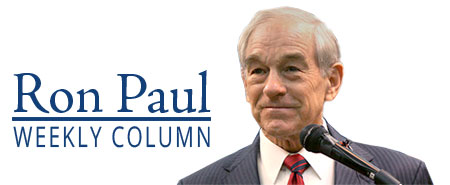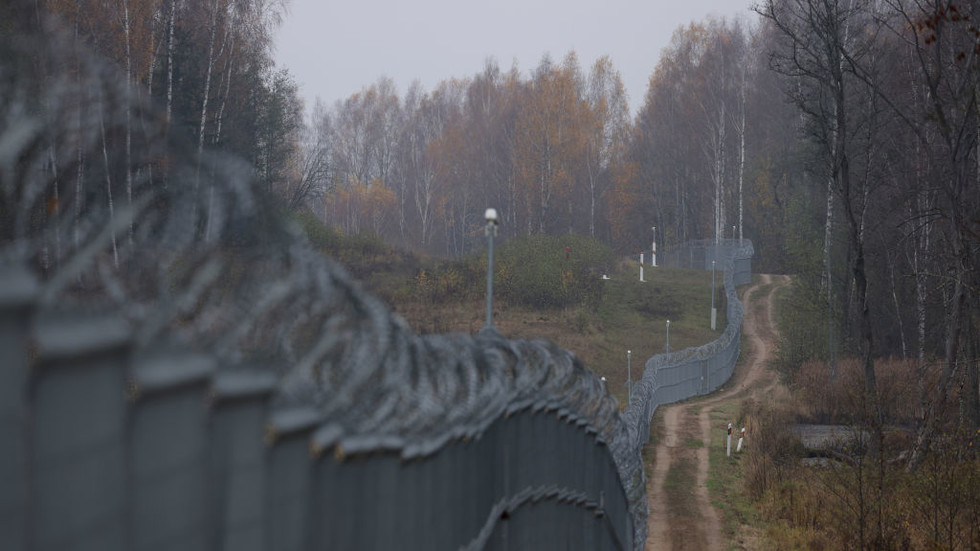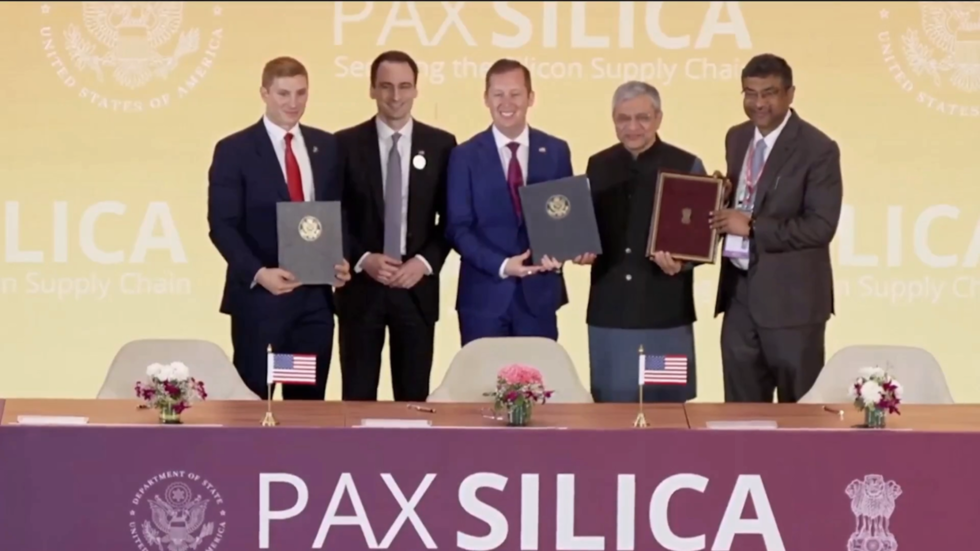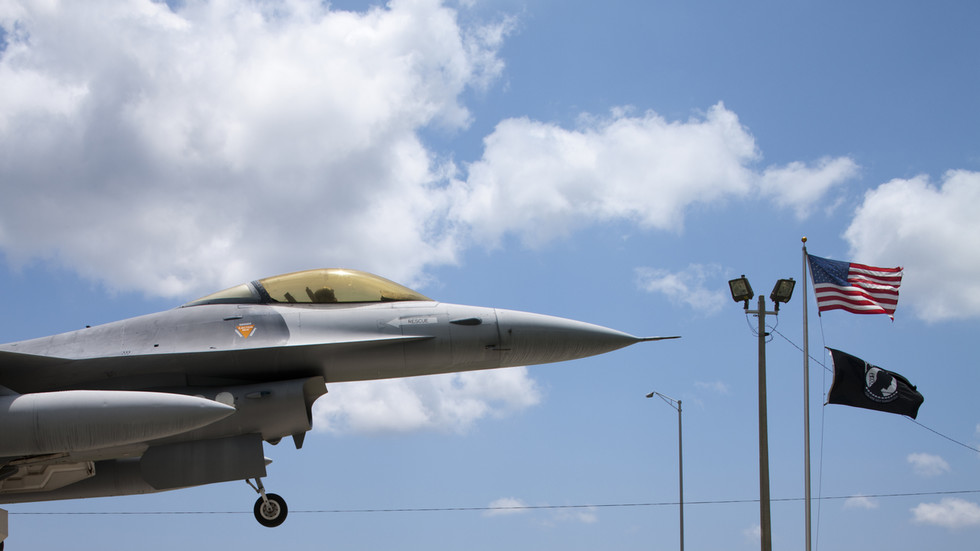Last week the world stood on the very edge of a nuclear war, as Ukraine’s US-funded president, Vladimir Zelensky, urged NATO military action over a missile that landed on Polish soil. "This is a Russian missile attack on collective security! This is a really significant escalation. Action is needed," said Zelensky immediately after the missile landed.
But there was a problem. The missile was fired from Ukraine – likely an accident in the fog of war. Was it actually a Russian missile, of course, that might mean World War III. But Zelensky didn’t seem to be bothered by the prospect of the world blown up, judging from his reckless rhetoric.
While Zelensky has been treated as a saint by the US media, the Biden Administration, and both parties in Congress, something unprecedented happened this time: the Biden Administration pushed back. According to press reports, several Zelensky calls to Biden or senior Biden Staff went unanswered.
When US National Security Advisor Jake Sullivan finally returned Zelensky’s call, he is reported to have said, “tread carefully” on claims Russia was behind the missiles landing in Poland. The Biden Administration went on to publicly dispute Zelensky’s continued insistence that Russia shot missiles into NATO-Member Poland. After two days of Washington opposition to his claims, Zelensky finally, sort of, backed down.
We’ve heard rumors of President Biden’s frustration over Zelensky’s endless begging and ingratitude for the 60 or so billion dollars doled out to him by the US government, but this is the clearest public example of the Biden Administration’s acceptance that it has a “Zelensky problem.”
Zelensky must have understood that Washington and Brussels knew it was not a Russian missile. Considering the vast intelligence capabilities of the US in that war zone, it is likely the US government knew in real time that the missiles were not Russian. For Zelensky to claim otherwise seemed almost unhinged. And for what seems like the first time, Washington noticed.....more below
The European Commission has announced plans to “strengthen” the borders of nine member states
The European Commission unveiled a strategy on Wednesday to reinforce nine EU member states bordering Russia, Ukraine, and Belarus, by means of the ‘European Drone Defense Initiative’. Previously dubbed the ‘drone wall’, the plan has faced criticism over its feasibility.
Russia has repeatedly dismissed Western claims of being a threat to NATO or EU nations, calling the narrative “nonsense” and “fearmongering” meant to justify inflated military budgets.
Announced by the commission’s executive vice president, Raffaele Fitto, the plan includes Finland, Estonia, Latvia, Lithuania, Poland, Slovakia, Hungary, Romania, and Bulgaria. Brussels says that these nations are facing reduced investment, demographic pressure, and “hybrid” threats linked to the Ukraine conflict.
The new strategy includes a €28 billion ($33 billion) loan program, as well as commitments to implement ...
Washington’s initiative seeks to secure a supply chain for AI, semiconductors, and critical minerals
India has joined the US-led Pax Silica alliance, which aims to secure a supply chain for artificial intelligence, chips, and critical minerals.
The Pax Silica declaration was signed on the sidelines of the AI Impact Summit currently underway in New Delhi.
Australia, Greece, Israel, Japan, Qatar, South Korea, Singapore, the UAE, and the UK are the other signatories of the declaration, according to the US State Department.
Canada, the European Union (EU), the Netherlands, the Organization for Economic Cooperation and Development (OECD) and Taiwan are non-signatory participants.....more below
Around ten F-16s reportedly flew close to Beijing’s air defense identification zone over the Yellow Sea
US and Chinese fighter jets faced off not far off the South Korean coast this week, according to local media outlets.
Approximately ten US Forces Korea (USFK) F-16 warplanes took off from Osan Air Base in Pyeongtaek – about 60km south of Seoul – and flew over international waters in the Yellow Sea, the Korea Herald reported, citing multiple sources. The mission reportedly took place in the airspace between South Korea’s and China’s respective air defense identification zones.
As the F-16s approached the Chinese coast, Beijing scrambled its own jets to the area, the article said, without clarifying how many planes were involved. The outlet noted that “a brief aerial face-off” ensued, but given that neither side violated the other’s airspace, the situation did not escalate.
The paper also noted an “unusual” number of US jets in the air, adding that it could suggest that the...
















